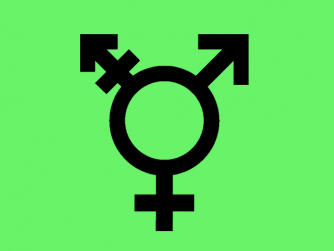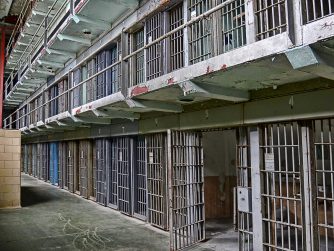
As Christians, we have historically treated homosexuality as a choice, something a sinful person decides to engage in. This mindset does not take into account the complexities of sin. All sin is a reflection of our brokenness that comes from the Fall in Genesis 3. But sin is not just a choice; sin also is an expression of hurt, pain, habit and/or need that arises from living in a broken world.
For instance, alcoholism is symptom of hurt, pain, or a need. So is food addiction. So is anger.
Sin has psychological, sociological, and physiological causes that result from living in a broken world.
So what causes someone to be gay?
Originally thought by the American Psychological Association (APA) to be a mental disorder, research into its causes, origins, and development have consequently led to its removal by the APA from its list of diagnoses and disorders. The current debate is whether or not homosexuality is a result of nature: a person’s environment and surroundings, or of his biology and genetics. The debate endures because both sides have the ability to create a scientific environment to support their cause.
Unfortunately, no one theory or experiment leads to a definitive answer.
The best of science struggles to even figure out what causes sexuality. Therefore, it is best to consider that sexual orientation, whether homosexual or heterosexual; gay, straight, lesbian, or bisexual, all are a cause of a complex interaction between environmental, cognitive, and anatomical factors, shaping the individual at an early age.
In my next post, I will look at some of the physiological and biological issues that lead to sexual orientation.




